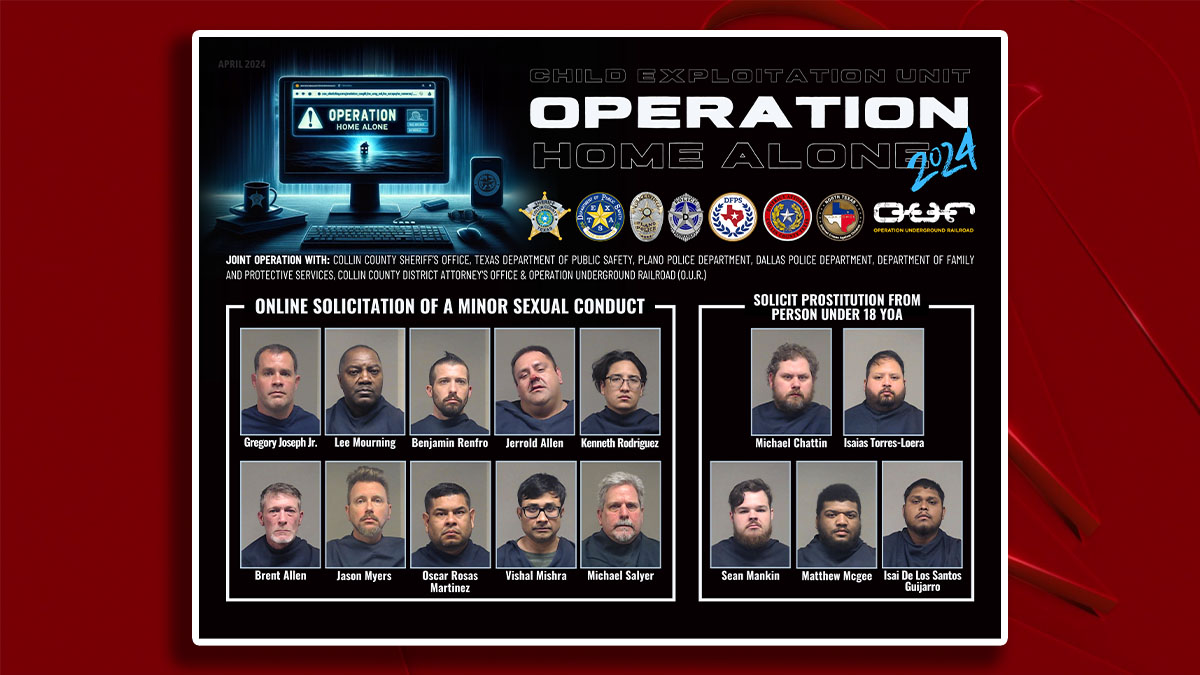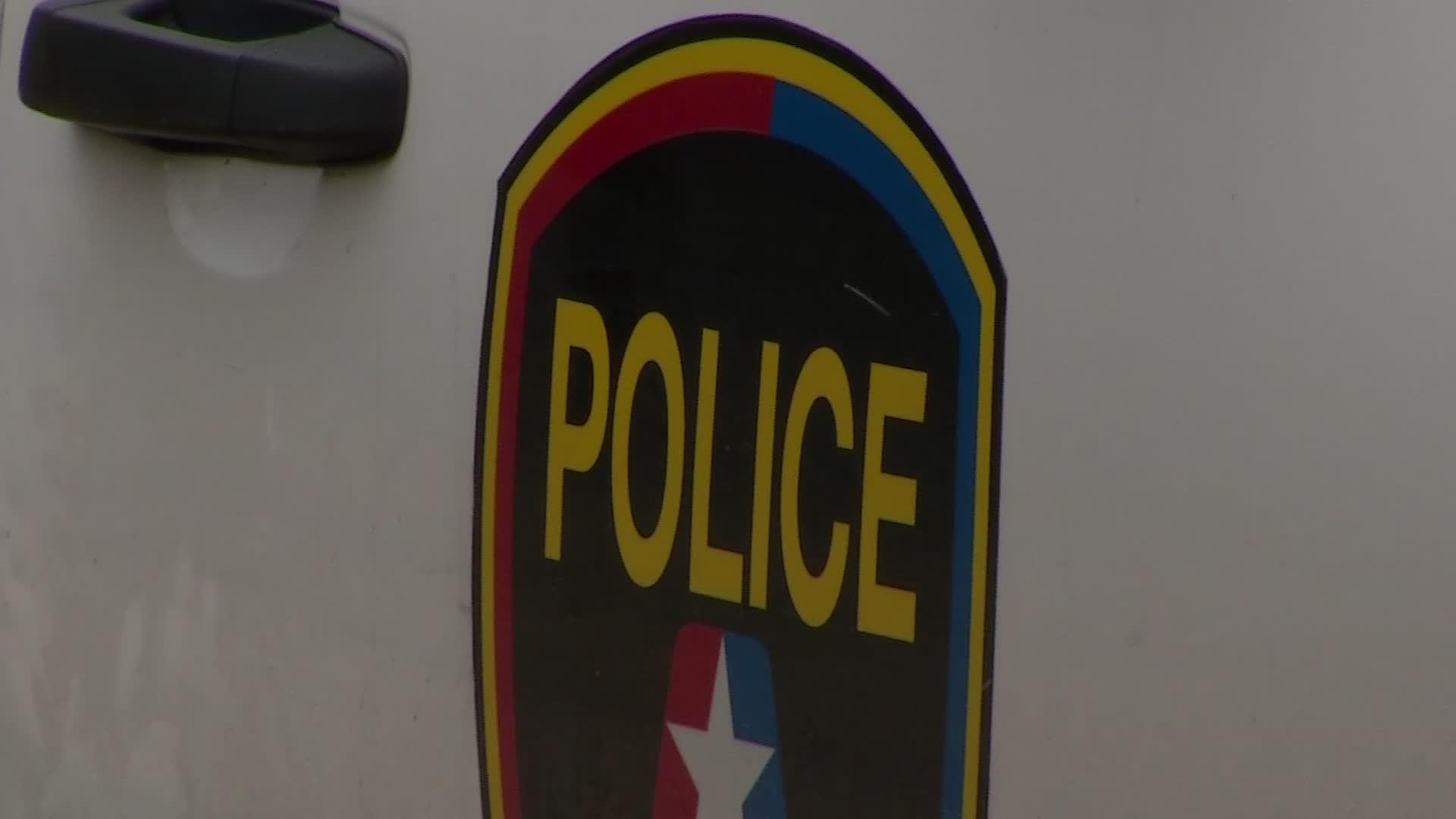Is it really possible to end homelessness? The city of Fort Worth set out to try, with a decade-long plan. That was nine years ago. So where are we now?
The official count put Fort Worth's homeless population at around 1,600 this January. That's about 1,000 fewer people than ten years ago. But city leaders say they're not where they want to be.
Part of the problem is people getting stuck in homelessness longer, with wages staying flat, while housing costs are booming.
When a blue tarp is your roof, it can feel pretty quickly like the whole world has cast you out.
"People aren’t expendable,” said homeless veteran Robert Watkins. “All of us are not trash. We're someone's father, brother, mother."
Shelly Van Epps added, "I worked since I was 16, I've paid my taxes. I don't want to be here."
They’re part of a group of friends who watch out for each other, in their camp off East Lancaster, where the shelters and social services have gathered much of the city's homeless in one place.
Local
The latest news from around North Texas.
It’s the same place where Bob Gallant's family has run a marble and granite business for more than 60 years, serving high-end clients with a view of those who have it hardest.
"The homeless camps have really gotten bad, but the neighborhood itself has gotten better," Gallant said.
Gallant listened Monday night as city leaders tried to reconcile those two things, a growing city that's still leaving too many behind.
"It's an issue that tugs at everyone's heart strings," said Mayor Betsy Price.
To solve chronic homelessness, the city wants to add an extra 1,400 permanent housing units over ten years. Plus 1,800 more for homeless families, who would move in and out more quickly.
But while Fort Worth’s homeless population overall has dropped in the last ten years, the number not living in shelters has doubled.
"They're not easy to get into, they're not easy to stay in," said Van Epps.
She and her group say it's easier in their camp than in a shelter. But where they sleep at night, is just the start.
"You don't have to just deal with being homeless and being the lowest of the low, you know the way people look at you,” Van Epps said. “Then you gotta deal with what made you homeless."
The city already spends more than seven million dollars a year on this issue and plans to add another $200,000 for more permanent housing.
They're also working on incentives for landlords to offer more affordable housing and re-ordering how the city’s agencies on homelessness work, to be more efficient.



